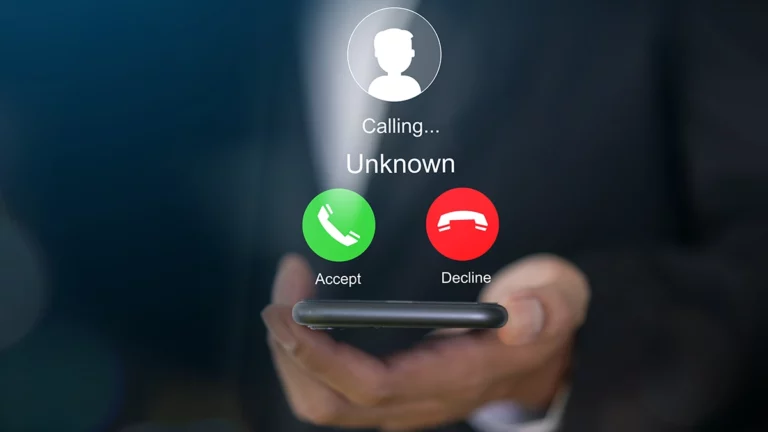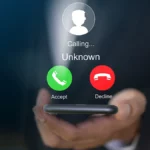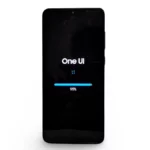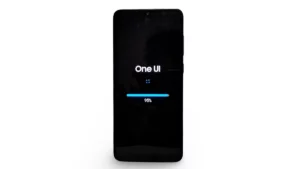In the digital age, where communication technology has become an integral part of our daily lives, the concept of “Call Bombing” has emerged as a significant concern. A Call Bomber is a tool or software that automatically sends a large volume of calls to a specific phone number in a short period. Furthermore, people can interpret it as a threat or a prank depending on how it is used. However, it is not something that is much appreciated either way. Dive into this blog to learn about what it is and how to stay safe!
What is a call bomber?
A call bomber is a tool or software designed to make multiple automated phone calls to a specific number in quick succession. Moreover, these tools are often marketed for pranks or disruption, but they have significant consequences and potential for misuse.
Additionally, the overwhelming number of incoming calls can render the targeted phone unusable. While some might view call bombing as a harmless prank, it is essential to understand the legal and ethical implications of using such tools.
How Do Call Bombers Work?
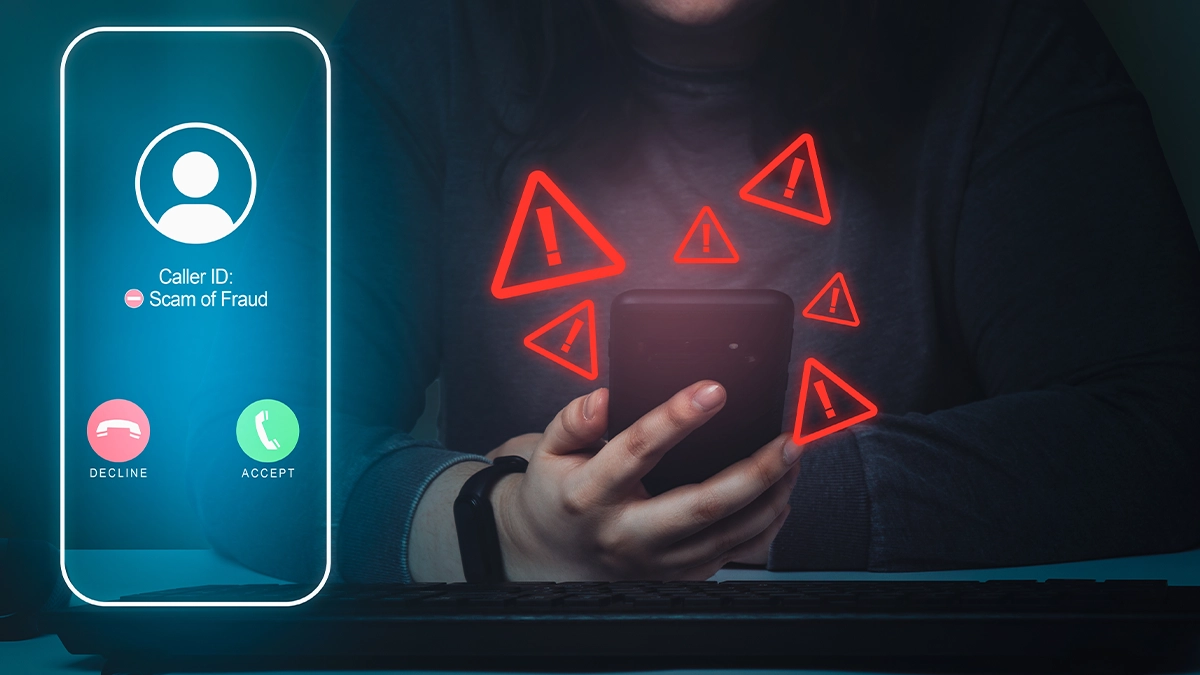
- These tools use automated systems to generate a high volume of calls to a targeted phone number.
- Users can program these systems to call at specific intervals, often leaving the recipient with no respite.
- Additionally, there are several types of call bombers, ranging from simple apps that can be operated from smartphones to more complex systems requiring technical expertise.
- Developers often distribute these systems over networks, leveraging cloud technology to scale up attacks and make them more resilient to shutdown attempts.
- Furthermore, people are increasingly using such tools due to their ease of access. They are used for harassment, competitive business tactics, or even as a form of protest.
- However, it’s important to note that many jurisdictions have declared call bombers illegal.
Types of call bombers
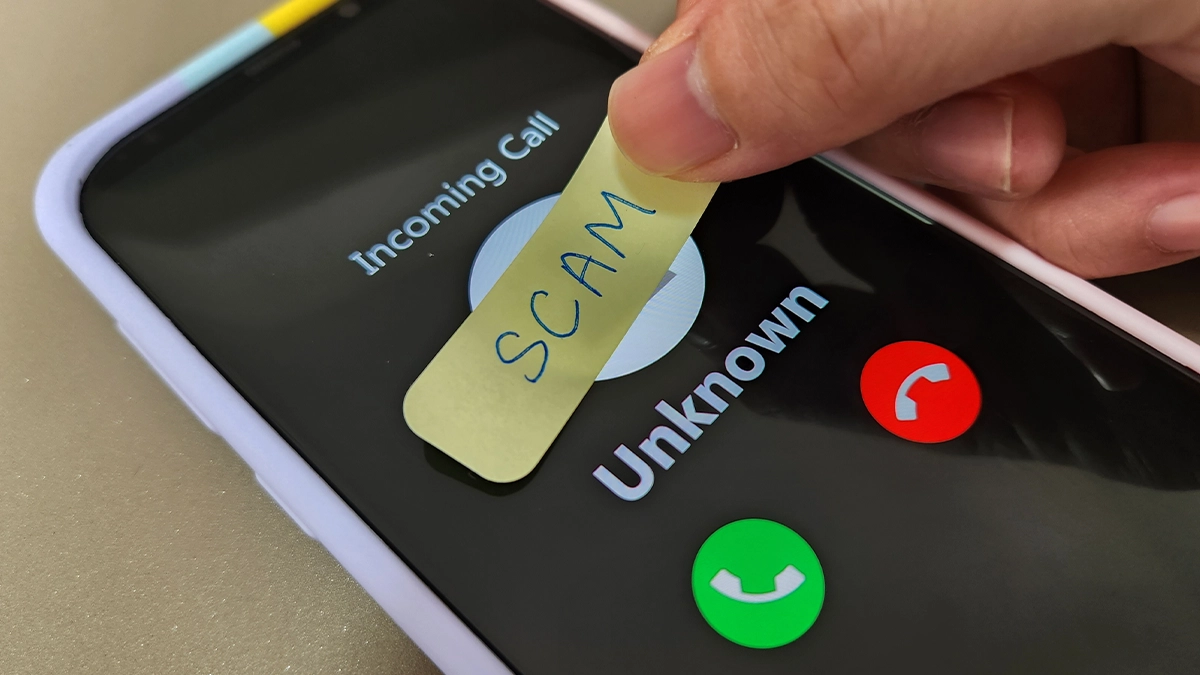
There are many ways and techniques of call bombing. Some of them are –
- SMS Bomber – With SMS Bomber, it can combine with a URL Shortener to send a large sms.
- Moreover, hackers use call bombers, which rely on automated systems, to generate a high volume of calls to targeted numbers, but also employ various tactics to evade detection and increase their effectiveness.
- Number Spoofing – Additionally, advanced variants use number spoofing, making it appear as if the calls come from different numbers, further complicating blocking efforts.
- Voice editing – Moreover, some sophisticated systems can even mimic voice patterns or use prerecorded messages, creating confusion for the recipient.
Also read:
- India’s Vision: The future of robotics by 2050 and Beyond
- Meet nothing phone 3a pro – Style Meets Power
- Why the samsung galaxy s25 ultra Redefines Premium Phones?
- DALL·E Mini to dall-e 3: Free AI Thumbnail Maker
- Samsung’s latest update: one ui 7
Is it a prank or a threat?
Now, call bombing, which involves a large volume of calls flooding a target’s phone, can be considered both a threat and a prank depending on the intent and impact.
While it may initially appear as a prank due to its disruptive nature, it can also be a serious threat if it leads to real-world consequences, such as harassment, damage to reputation, or safety concerns. Additionally, let us see how we can interpret the process as a threat and as a prank –
As a Threat:
- Call bombing can be a form of harassment and cyberbullying, particularly when targeted at an individual or group.
- Moreover, the constant stream of calls can be overwhelming and cause emotional distress, leading to significant psychological harm.
As a Prank:
- It can also be perceived as a prank or disruptive act intended to annoy or disrupt, often to cause inconvenience or chaos.
- However, this type of prank can have serious consequences, as it can strain resources and lead to negative repercussions for both the victim and those who respond to the call.
Impact of the feature call bomber 2025

Call bombing can have far-reaching consequences. These include –
- Disruption of communication: The constant stream of calls can make it difficult for the targeted individual or organization to conduct regular business or communicate with others.
- Strain on resources: Moreover, emergency services and organizations may be overwhelmed by the volume of calls, hindering their ability to provide critical assistance.
- Financial burden: Furthermore, costs associated with call monitoring, security measures, and legal action can add up over time.
- Reputational damage: Additionally, the incident may reflect poorly on the targeted individual or organization, potentially impacting their reputation and future business.
- Serious Consequences: Additionally, call bombing can lead to serious consequences, especially when combined with other forms of harassment or threats. Furthermore, in such cases, it can be viewed as a criminal act, with potential repercussions for both the perpetrator and the victim
How to Protect Yourself from Call Bombing?
Protecting yourself from a call bomber involves a combination of proactive measures and reactive strategies. Here are some effective ways to safeguard against this threat:
Use Call Blocking Features
- Most smartphones come with built-in call blocking features that allow you to block specific numbers or even all unknown numbers.
- Moreover, regularly update your blocked numbers list to include any that are used in call bombing attempts.
Install Call Filtering Apps
- There are numerous apps available that can help filter and block unwanted calls.
- Additionally, apps like Truecaller and Hiya provide advanced features for identifying and blocking spam calls.
Enable Do Not Disturb Mode
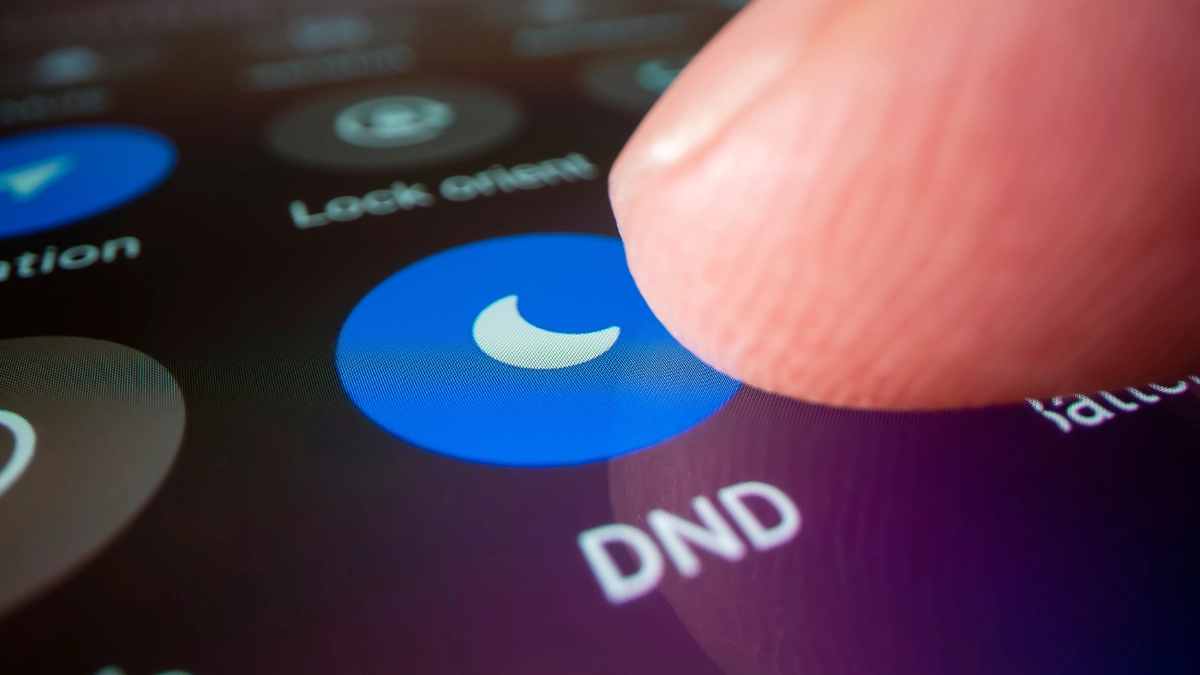
- Next, using the Do Not Disturb (DND) mode on your phone can help mitigate the impact of call bombing.
- Furthermore, you can customize DND settings to allow calls only from your contacts or specific numbers.
Report to Your Carrier
- Also, you can inform your mobile carrier if you are experiencing call bombing.
- Hence, they may have additional measures and tools to help mitigate the issue, such as changing your number or providing additional call filtering services.
Use a Second Phone Number
- Consider using a secondary phone number for public or online use.
- Additionally, this way, your primary number remains private and less susceptible to being targeted by attackers.
Be Cautious with Sharing Your Number
- Avoid sharing your phone number publicly or with untrusted sources.
- Furthermore, the less accessible your number is, the lower the risk of it being targeted for call bombing.
Legal Actions and Reporting
- In some regions, call bombing is illegal. Additionally, you can report such incidents to the authorities.
- Furthermore, keeping records of the calls and any associated data can facilitate taking legal action against the perpetrators.
Conclusion
The concept of a call bomber is both fascinating and concerning. Moreover, while its capabilities showcase the power of modern technology, its potential for misuse highlights the need for ethical responsibility. Thus, by understanding how it works, its risks, and alternatives, individuals and businesses can make informed decisions and avoid unethical practices.
Additionally, always stay vigilant, use available tools and features to block unwanted calls, and seek assistance from your mobile carrier and authorities if necessary. Moreover, let’s strive to use technology for positive purposes. Thus, ensure a safer and more respectful digital landscape for everyone!
To Get More Updates, Click Here



